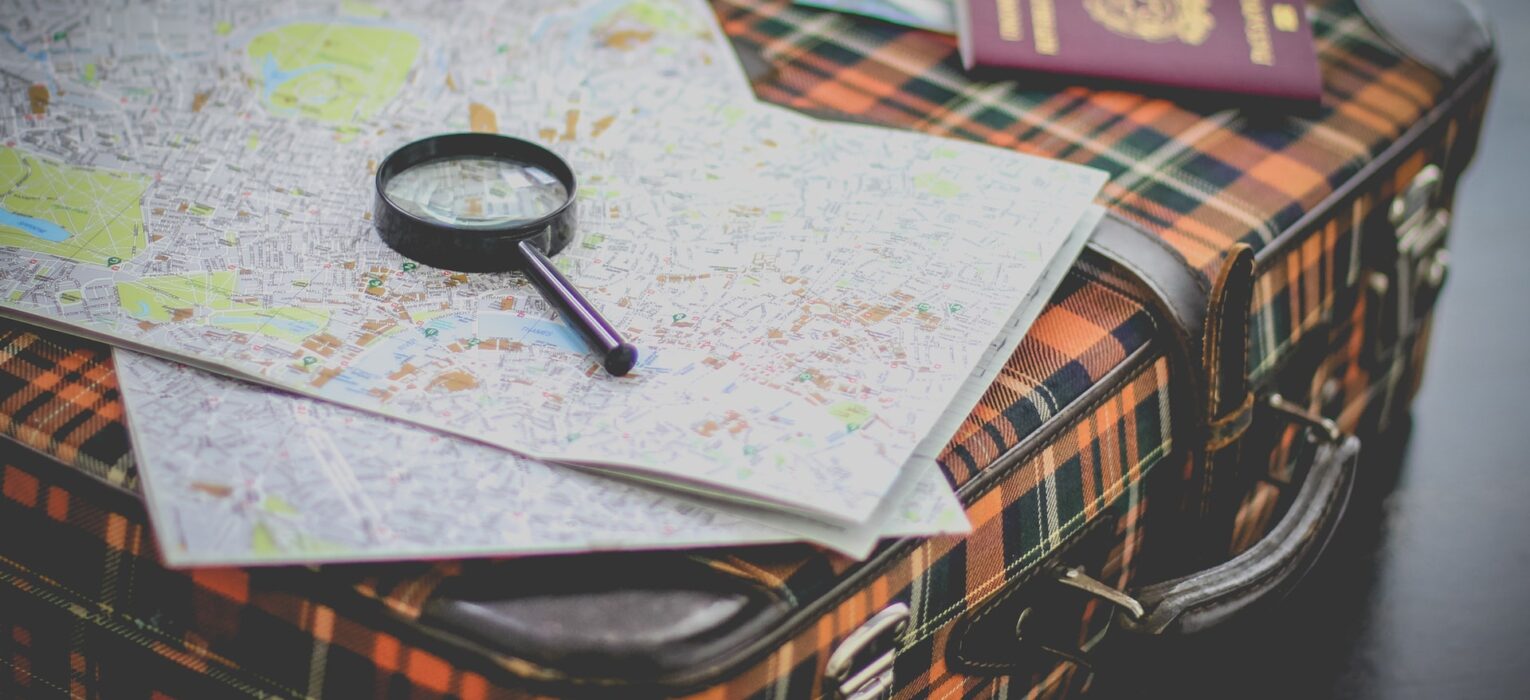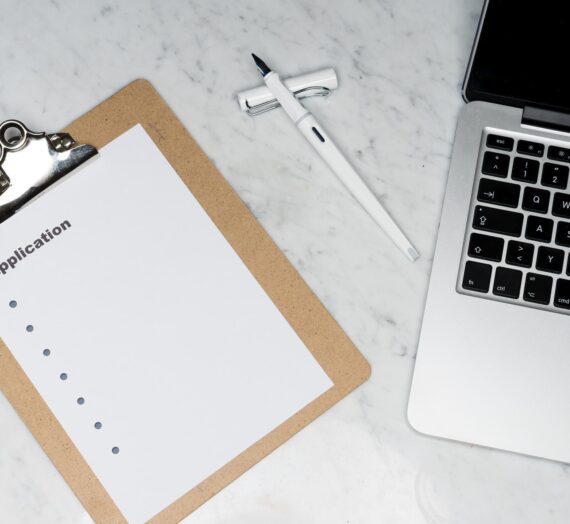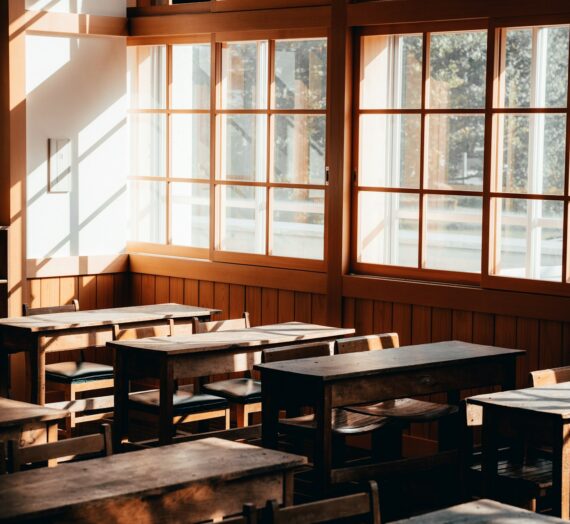From a myopic perspective, seven-and-a-half to eight months on TAPIF is unending. Having completed the programme, I can assure you that one day you’ll awake to find that there are only two weeks left. As the old adage goes, time flies when you’re having fun. And if you’re not having fun during TAPIF, you’re not doing it right. Nonetheless, at pre-departure, it resembles forever and a day, and you’ll want to pack as though it will last as long.
I’m torn on the best advice to give on the subject of packing. To some extent I agree with the notion of packing everything and the kitchen sink. We all have possessions that are conveniently available that we take for granted, until we need them but don’t have them. I’m looking at you, pin to open my SIM card slot. Moreover, when you consider the time it would take the Jamaican postal system to have those objects mailed, or the cost of having them sent over the Atlantic by courier, it makes sense to just bring them with you.
At the same time, you can’t feasibly pack your entire house. Even with the intent of packing things that make you feel at home. Airlines charge A LOT (trust me) when you have extra or overweight suitcases. So it’s to your financial benefit to fit all of your things in as few suitcases as possible. And it’s not obvious now, but you’re going to accumulate things while in France. Take it from someone who bought a guitar. Even those little things like books or souvenirs will start to add up. If you didn’t come to France with an overweight suitcase, you’ll probably leave with one.
Ultimately, you will have to find balance between anticipating your most likely needs without seeing every object and situation as a need. Hence, in my last post I advised some questions to ask yourself while you’re packing. I can’t tell you what to pack. And some objects are beyond a doubt more necessary than others (think sweaters and underwear). But there are some things that I was thankful I packed. Hopefully you’ll also be thanking me later.
HAIRCARE & SKINCARE PRODUCTS
France is a first-world country, so presumably you would be able to access your usual products, along with several alternatives. While I hate to be the bearer of bad news, you would be unpleasantly surprised. When you’re assigned to an Académie, the name of the Académie will take the name of the main city of that area. However, there is no guarantee that you personally will be placed in that city. Speaking from experience, it’s likely that you will be placed in a small town hours away from that city. As a result, you may find yourself lacking the amenities you could get in a large city, such as convenience and accessibility to a variety of products at your local French supermarket. And the products that you can get, may not agree with you. The horrendous reviews that I heard about the lotion in France from past assistants prompted me to pack my own. You can forget about finding hair products for black hair.
As a result, if you’re someone who’s very particular about their skin or haircare regime, bringing your own products may be better than hoping you can find them in France, only to be disappointed. Of course, the option exists to order them online or commute to a larger city, but this may come at an extra cost of time and money.
In keeping with packing as few things as possible, you’ll have to think about how often you do your hair in the span of eight months and how much product you’re likely to use in that time. Furthermore, consider what products you can do without while in France. For me, that looked like substituting my regular shampoo with Head & Shoulders, while using leave-in conditioner that I brought from Jamaica.
SEASONINGS
You know how the world lauds French gastronomy? Well, it’s not for everyone. To this day I’m still not brave enough to try snails. But for an incoming assistant, French food looks, well, foreign. It’s unlikely that you’ll find food you’re accustomed to, either at supermarkets or restaurants. Coming from a region like the Caribbean, French food won’t be nearly as seasoned as we’re used to. And I can’t promise you’ll find spices and seasonings as you know them in the supermarket. So there’s nothing wrong with packing a bottle of your favourite seasonings. In those times when you’re frustrated by expat life and overcome with homesickness, cooking a meal that reminds you of home can be the best therapy.
Conversely, don’t use those seasonings as a crutch. Don’t let home cooking be your excuse to never try new food. Food that you would never have the opportunity to try in Jamaica. I’m not saying you have to try new food everyday, or from the outset as soon as you arrive in France. It took me a while before I was open to trying the stinkiest and moldiest cheese. But putting yourself in a bubble completely defeats the purpose of you being in France. Namely, immersing yourself in French culture (food included) and having new experiences.
SCISSORS
A random suggestion I know, and I don’t intend to wax poetic about it. You won’t know whether you’ll need a pair of scissors until it’s late at night, you’re at home and you just need a pair of scissors. If you’re like me, you also don’t know the word for “scissors” in French so asking neighbours is out of the question. While I’m on the subject, pack a sewing kit or a needle and some thread. Again, you won’t know if you need it until you do but can’t get it.
A FEW TIPS ON CLOTHES
I lied. I lied when I told myself that this post would be under 1000 words (evidently). And I lied when I promised I wouldn’t write about the obvious parts of packing. But I can’t reasonably discuss packing and completely ignore clothes. So I lied to you and deluded myself, and it’s a part of my charm.
In my opinion, French people don’t know what hot is. At least, they didn’t prior to summer 2022. When I tried to explain to French people how hot it was in the Caribbean, upwards of 32° was unfathomable. Likewise, Caribbean people can’t imagine how cold it will get in Europe. You think you know, but you don’t. And you know even less about dressing for cold weather. When it comes to clothes, your biggest concern is not what to wear but how to wear it. Teachers in France aren’t constrained to the same culture of “work clothes” that exists in Jamaica. Therefore, your dress code as an assistant is essentially sweaters/shirts, jeans and closed-toe shoes.
The key to keeping warm is simple: layers. For all of the sweaters and jeans you pack, make sure you have tank tops, tights and thermal underwear to wear under them. And you need at least two coats for your entire stay. A light jacket to keep you warm during autumn and spring and a heavy winter coat. You should also invest in gloves, a hat and a scarf, but you can wait until you’re in France to buy them. Resist the urge to buy the thickest coats and sweaters. I know you’re aiming for warmth, but France has heaters. Which means that the indoors will be warm but you’ll be sweating.
Finally, invest in a solid pair of boots. Remember my previous point about not understanding how cold it can get? Same rules apply for your feet. If you’re like me, I assumed that my sneakers would be sufficient. And I am thankful that a former assistant set me straight before I left Jamaica. Once it starts to rain or snow, and the winter breeze starts to blow, your flimsy sneakers won’t stand a chance. In fact, the rain, wind or snow will soak into the fabric and feel even colder.
SOUVENIRS
This last suggestion is strictly that: a suggestion. I’ll still posit my argument but it’s completely up to you to go along with it.
Personally, my love language is gifts. It is extremely gratifying for me to give a memorable gift that the other person genuinely appreciates. It’s how I show people that I care and that I’m thinking of them. So I wanted to have small trinkets to give at the end of my stay as a thank you for the unforgettable experience that I had. At the same time, I was very conscious of the fact that I was likely the first (and last) Jamaican that my colleagues and students would ever meet. I wanted to leave them with a tangible reminder of their experience with me and aspects of Jamaican culture that I would have shared with them.
Maybe you aren’t a gift giver or you’re on a tight budget. Which is fine, this suggestion isn’t obligatory. If you’re interested in following this suggestion, I hope that the students and teachers appreciate the gesture. I had gifts specifically for the students; gifts which I believed would appeal to teenagers. Dispel any thought of having enough for everyone because you will likely encounter over 100 students. Therefore, bring maybe 20-25 to give to your favourite students, because you will have favourites. I also brought gifts with the intention of potentially meeting any adults who I bonded with. That happened to be all of the English teachers that I worked with. I also brought something special for my professeur référent and my Spanish roommate.
Your gifts should not be big or expensive. However, they should be something cultural that can’t be bought in a French store. Let them be indicative of you and your country. Hold off on playing Santa Claus when you first arrive. After you’ve formed memories and bonds with specific people, your departing gifts will be more memorable.





เอากันมันส์ๆ
I’ve been browsing online greater than three hours these days, yet I by no means discovered any attention-grabbing article like yours.
It’s lovely value enough for me. In my opinion, if all website owners and bloggers
made good content material as you probably did, the internet will be much more helpful than ever before.